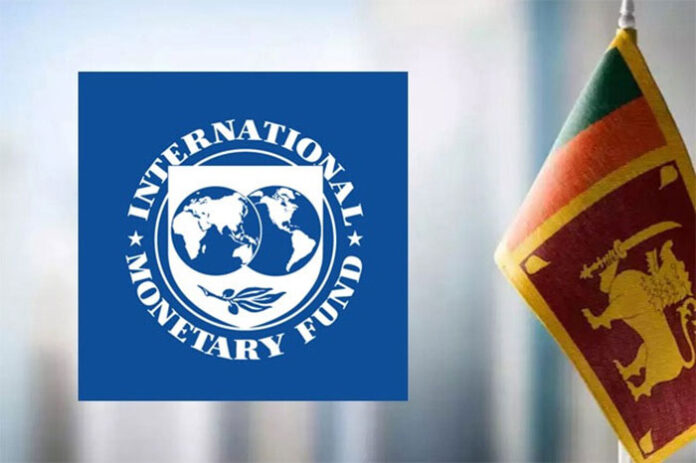By: Staff Writer
March 30, Colombo (LNW): Julie Kozack, Director of the Communications Department at the IMF said that reforms in Sri Lanka are bearing fruit.
Sri Lanka ran a current account deficit in the last quarter of 2024, and reserves were run down to repay debt, official data shows, after large volumes of money were printed to push down interbank rates by a few basis points in the period.
Sri Lanka’s imports surged in December 2024 in particular, after three months of excess liquidity from being injected to bring to the middle of a policy corridor or single policy rate
“The economic recovery is gaining momentum. Inflation remains low in Sri Lanka, revenue collection on the fiscal side is improving, and international reserves are continuing to accumulate. Economic growth reached 5 percent in 2024, and that was after two years of economic contraction. And we do expect the recovery to continue in 2025 in Sri Lanka.
These are all very positive developments for Sri Lanka and for the people of Sri Lanka,” she said at a media briefing in Washington.
Kozack said that the economy still does remain vulnerable, and therefore it is critical that the reform momentum be sustained to ensure that macroeconomic stability and debt sustainability are durably achieved.
On February 28th, the IMF Executive Board approved the Third Review under the EFF (Extended Fund Facility) arrangement for Sri Lanka. And this provided the country with immediate access to $334 million of support.
Once the Board approved that Third Review, the $334 million was made available to Sri Lanka to support its economic policies and reforms. And with this $334 million, it brings total financial support from the IMF to Sri Lanka to $1.34 billion
Sri Lanka ran a current account deficit in the last quarter of 2024, and reserves were run down to repay debt, official data shows, after large volumes of money were printed to push down interbank rates by a few basis points in the period.
Sri Lanka’s imports surged in December 2024 in particular, after three months of excess liquidity from being injected to bring to the middle of a policy corridor or single policy rate.
The liquidity was injected to push down interbank rates and undermine a scarce reserve regime as economic activities recovered.
The current account is a man-made accounting identity, which is a mirror image of the financial account in balance of payments accounting.
In the absence of money printing, any financial account inflows, invested domestically, also leads to imports, automatically triggering a deficit in the current account by increasing the availability of dollars from outside current inflow.
Reserve collecting central banks can run balance of payments deficits when printed money turns into credit and imports.
Countries can also be forced to repay debt by fresh borrowings or run down reserves including for imports themselves when interest rates incompatible with the BoP are maintained by ‘rate cuts’ enforced with inflationary open market operations.

